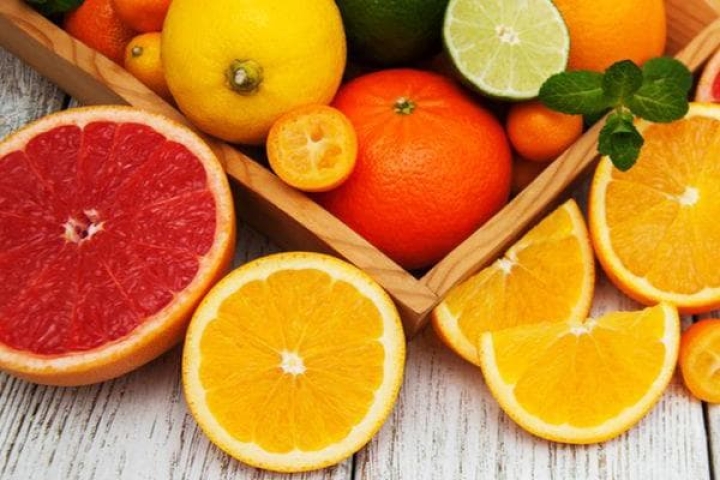Could L-Serine be a Brain Health Game Changer?
L-Serine: A Healthy Brain's Best Friend
Why all the buzz concerning L-serine? The word is getting out about the research surrounding L-serine and its many benefits. Originally discovered in 1865, studies now show that L-serine may play a crucial role in supporting healthy neurological function over the long term.1
What is L-Serine?
L-serine is an amino acid found in many proteins. It is considered non-essential because the body can synthesize L-serine from glycine if it is not adequately obtained through the diet.
What Are the Benefits of L-Serine?
The benefits of L-serine are extensive and varied, particularly in promoting and maintaining neurological health and supporting protein fatty acid synthesis, RNA and DNA methylation, nervous system function, muscle growth, healthy metabolism, cell proliferation, and much more.1
What Do the Scientists Say About L-Serine?
Emerging research on L-serine suggests potentially new and exciting applications for this powerful amino acid. Ethnobotanist Paul Cox, who explores how indigenous peoples utilize plants in their customs and diet, along with his research team at the nonprofit Brain Chemistry Labs, have studied how L-serine may be neuroprotective and significantly benefit nervous system health.2 Research is ongoing, with recent findings indicating a need for further studies on the effects of L-serine in the diet on body and nervous system function.
How to Get L-Serine in Your Diet
Many foods contain L-serine, with some having higher concentrations. High-protein foods, including eggs, milk, cheese, a variety of seeds, pork, beef, chicken, fish, and some spices, provide the highest concentration of L-serine in foods.
L-Serine Content in Foods3
(per 100 g)
| 1. Egg: white, dried, stabilized, glucose reduced |
6.16 |
| 2. Soy protein isolate |
4.59 |
| 3. Seaweed (spirulina), dried |
2.99 |
| 4. Gelatins, dry powder, unsweetened |
2.60 |
| 5. Fish: cod (Atlantic), dried and salted |
2.56 |
| 6. Parmesan cheese, shredded |
2.40 |
| 7. Soybeans, mature seeds, raw |
2.35 |
| 8. Tofu, dried-frozen (koyadofu) |
2.25 |
| 9. Milk: dry, (nonfat) regular, no added vitamin A/D |
1.96 |
| 10. Hemp seeds, hulled |
1.71 |
| 11. Pumpkin and squash seed kernels, dried |
1.67 |
| 12. Beef: top round roast, boneless, cooked, roasted |
1.52 |
| 13. Peanut butter (smooth style), with salt |
1.48 |
| 14. Chicken: broilers or fryers, giblets, cooked, fried |
1.43 |
| 15. Lima beans: large, mature seeds, raw |
1.42 |
| 16. Mozzarella cheese, part skim milk |
1.41 |
| 17. Cheddar cheese, (sharp) sliced |
1.39 |
| 18. Cereals (ready-to-eat): wheat germ, toasted, plain |
1.38 |
| 19. Pork: cured, bacon, cooked, baked |
1.35 |
| 20. Mozzarella cheese (low moisture), part-skim |
1.35 |
| 21. Pistachio nuts, dry roasted |
1.3 |
| 22. Egg: yolk, raw, fresh |
1.32 |
| 23. Lamb: cooked, braised |
1.31 |
| 24. Pistachio nuts, raw |
1.28 |
| 25. Kidney beans: all types, mature seeds, raw |
1.28 |
| 26. Chicken: drumstick, rotisserie, cooked |
1.2 |
| 27. Peanuts: all types, raw |
1.27 |
| 28. Turkey: breast, meat only, cooked, roasted |
1.24 |
L-Serine Supplements
L-serine supplements can provide high concentrations of L-serine to help increase daily intake levels. BubbForest AjiPure® L-Serine contains 500 mg of high-purity, USP-grade AjiPure® L-Serine per veggie capsule serving. This pharmaceutical-grade L-serine is produced in a fermentation process by the amino experts at Japan's Ajinomoto, Amino Science LLC, the world leader in pharmaceutical-grade amino acids.
Here's to your healthy brain!
*These statements have not been evaluated by the Food and Drug Administration. These products are not intended to diagnose, treat, cure, or prevent any disease.





Leave a comment